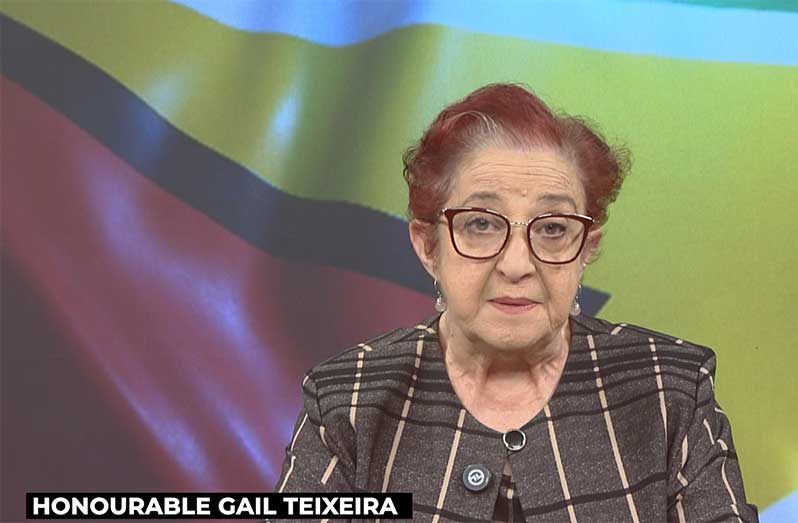GUYANA’S Fourth Cycle Universal Periodic Review (UPR) officially concluded on Monday with the formal adoption of the country’s report by the United Nations Human Rights Council in Geneva.
The session marked the end of a process that began in May, when Guyana underwent its interactive dialogue and received 206 recommendations from Member States.
Following months of Cabinet-level consultations, engagements with constitutional agencies, and the National Mechanism for Reporting and Follow-up (NMRF), Guyana confirmed its support for 146 recommendations, many of which are already in various stages of implementation.

These include commitments to strengthening democratic institutions, expanding access to justice, advancing gender equality, protecting the rights of children, Indigenous Peoples, and persons with disabilities, and continuing progress in healthcare, education, housing, and climate action under the Low Carbon Development Strategy 2030.
An additional 58 recommendations were noted for further consideration, particularly those requiring constitutional reform, public consultations, or legislative adjustments. Two recommendations were split to better reflect Guyana’s position.
Speaking virtually during the adoption, Minister of Parliamentary Affairs and Governance and head of the Guyana delegation, Gail Teixeira, expressed appreciation to the 70 Member States that engaged constructively in the review process. She also thanked the Troika members — Belgium, the Democratic Republic of Congo, and the Dominican Republic — as well as the Office of the High Commissioner for Human Rights (OHCHR) for their technical support.
“Guyana reaffirms its unwavering commitment to the UPR process, which provides a vital platform for transparency, accountability, and dialogue,” Minister Teixeira said. “We remain focused on working nationally and internationally to overcome challenges, implement our commitments, and advance a rights-based sustainable development agenda for all.”
Delegations and UN agencies commended Guyana’s inclusive approach, particularly its acceptance of recommendations on gender equality, child protection, climate action, and social inclusion.
Civil society representatives also acknowledged significant progress, including the decriminalisation of suicide, improvements to prison conditions, and expanded access to health, education, water, and housing services.
Guyana highlighted that ongoing reforms — from judicial modernisation to environmental protection and democratic consolidation — are aligned with the accepted recommendations and will continue to be advanced following the September 2025 elections. The government also recognised the challenges posed by climate vulnerabilities, resource constraints, and global human rights setbacks but reiterated its commitment to international co-operation and technical partnerships to sustain progress.



.jpg)








